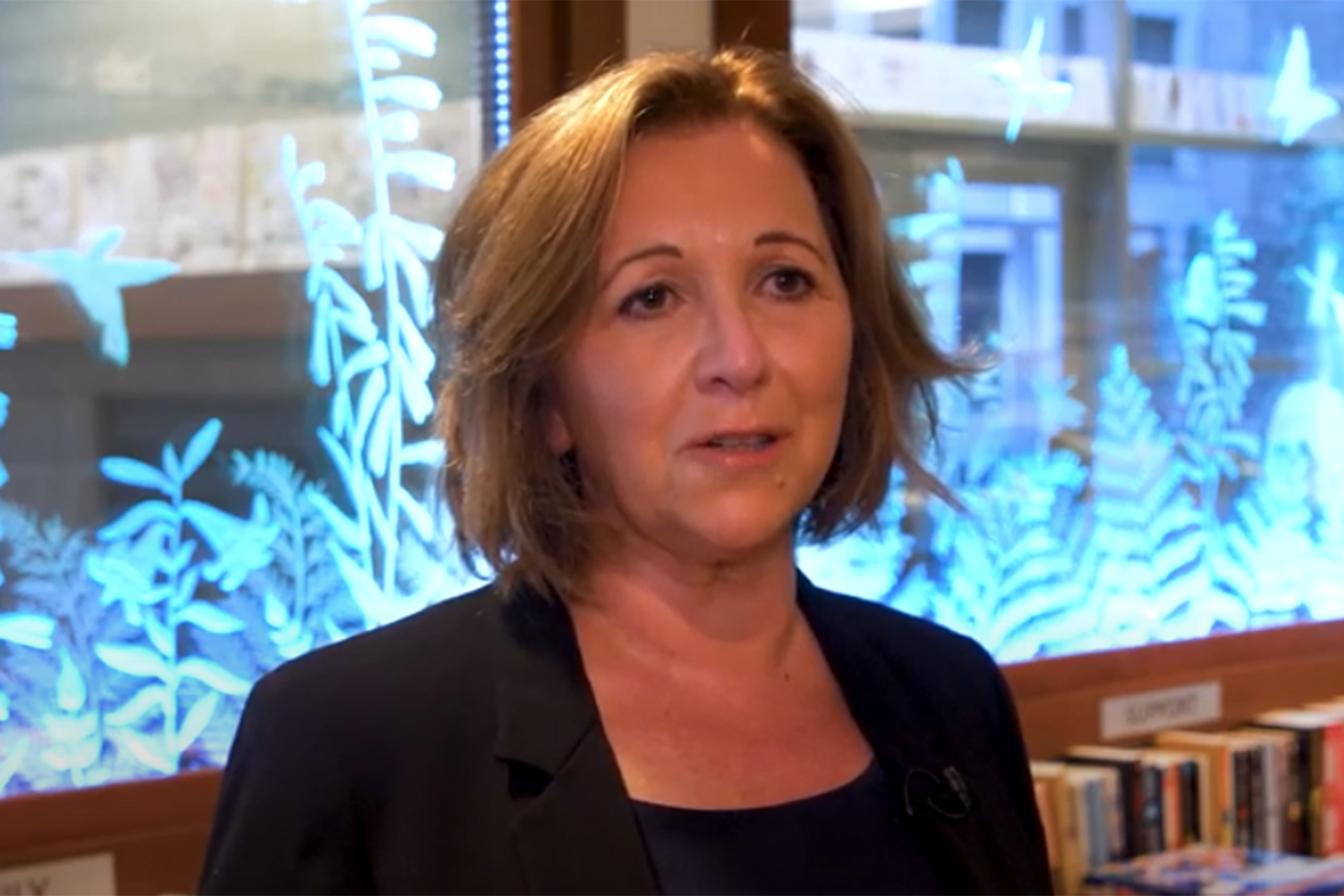Interventional Studies Provide Decision-Support Tools
To Support Cancer Management, Prevention Decisions

Population-level data continues to become more available through computational and data science efforts, but for specific individuals, that may not be enough to provide clear guidance on critical, life-altering decisions.
This is especially true in the area of breast cancer, the second most common form of cancer among women in the United States, according to the CDC. About 42,000 women die in the United States each year from this disease, and the rate of death for black women and Asian and Pacific Islander women from breast cancer has increased over the last decade, based on CDC data.
Rita Kukafka DrPH, MA, FACMI, is leading work in the field of interventional studies, which focuses on the development of decision-support tools that promote understanding of breast cancer risk and breast cancer management decisions in ethnically diverse populations for cancer prevention.
“Decision-support tools are designed to improve both shared decision-making — decision-making that happens between a patient and a provider — and informed preference-sensitive informed decisions, so when patients are making decisions, they are making them based on scientific evidence, but also their personal preferences,” says Kukafka, Professor of Biomedical Informatics and Sociomedical Sciences in the Department of Biomedical Informatics.
The Kukafka Lab, an interdisciplinary group that works with members of the medical school, the cancer center and the School of Public Health, designs studies that can better inform women — especially under-served women who may not have access to the best medical opportunities — about their own risk, as well as what kind of preventive services they are eligible to consider.
Kukafka developed the RealRisks Decision Aid tool, which risk stratifies patients to tailor prevention to their individual characteristics. That tool, developed following a data collection process, is used to lead multiple studies within the lab, including two NCI-funded studies and anther funded by the American Cancer Society that applies a human-centered approach to develop technologies to aid risk assessment, including genetic testing, risk communication, chemoprevention and risk-tailored preventive strategies.
Kukafka and her colleagues are working on additional grants — among several for similar studies — to study mammography screening, which has come under scrutiny for potential harms, including overdiagnosis.
“Women shouldn’t have a mammography solely based on population-health guidelines,” Kukafka says. “The decision should be made based on information tailored to their own characteristics. Maybe women who are not at higher risk might be better with bi-annual screening. We use the same decision-support tool, which helps both the patient and provider make the decision about frequency of mammography screening.”
The Kukafka Lab generates this patient- and provider-specific information through multiple sources of data, as well as methods designed to focus on individual support.
“We identify preventive services that are mostly under-utilized, like genetic testing and chemo prevention, as well as over-utilized, which we could argue is around mammography,” she says. “We risk stratify population, we expose them and their provider to decision support, and we come up with informed, preference-sensitive decisions that are based on tailoring individual characteristics to the specific decisions.”
Dr. Kukafka Discusses Her Research In Interventional Studies With The American Cancer Society
There is emerging work on integrating patient-generated data with EHR data. Providing the most accurate decision support requires dealing with two critical issues, data quality and missing data. Missing or incorrect data about race and family history is an issue with EHR, and those are important factors to calculate risk assessments for individual patients so they can make their own decisions based on their level of risk.
This is deeply personal work to Kukafka, who discussed how her passion for this work and how her own family history impacted her risk for breast cancer in a pair of interviews with the American Cancer Society (ACS) earlier this year. These interviews are posted above.
“Reaching [a] diverse community is important to me because these are the women most likely to get left behind,” Kukaka says in an ACS interview. “These are the women who don’t have access to the resources that more privileged women do have access to. Continuing to move towards applying what we know today can have an impact on people’s lives, people that I know, is what continues to inspire us.”


